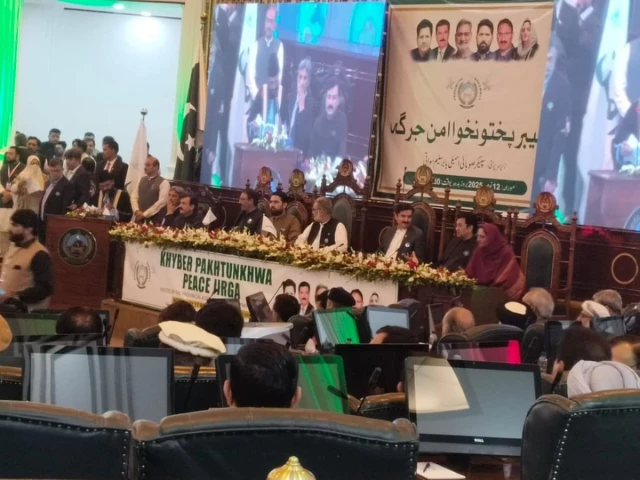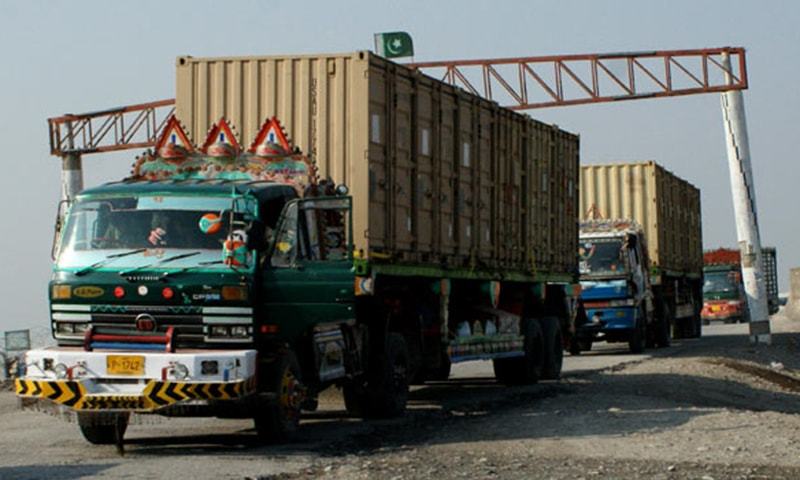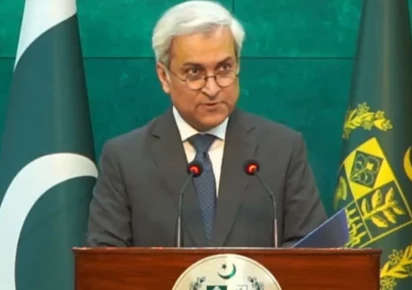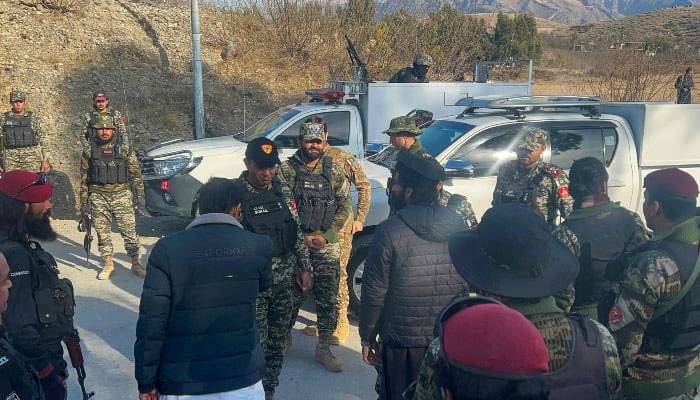In Pakistan’s current security landscape, where terrorism and urban crime threaten public life, efforts to restore peace should be welcomed. However, a recent Jirga (tribal/community council) declaration and the subsequent government response have exposed a bitter truth: national security is being sacrificed for political point-scoring, with attempts made to shift constitutional provincial responsibilities onto the federal government.
Division of Powers and the Reality of “Azm-e-Istehkam”
The Constitution of Pakistan, especially following the 18th Amendment, clearly demarcates powers between the Federation and the provinces. While the Federal Government manages national security, foreign policy, and major budgetary allocations, crucial areas like police, internal security, minerals, and day-to-day law enforcement fall squarely within the provincial domain.
The Jirga’s statement, which “condemned terrorism and resolved to adopt a concrete strategy,” is not a new idea. The National Action Plan (NAP) has been the national counter-terrorism strategy since 2014, and the recent “Azm-e-Istehkam” (Resolve for Stability) operation is a continuation of this plan.
This operation was approved by the Federal Apex Committee, which included the Chief Ministers of all provinces, including Sindh. The operation is a joint effort involving intelligence sharing and targeted actions. The Jirga presented it as their “own invention,” but it is simply a reaffirmation of national policy, building on successful operations recently carried out in Balochistan and Khyber Pakhtunkhwa.
Police and CTD Leadership: A Constitutional Imperative
The Jirga’s demand for the Police and CTD
(Counter-Terrorism Department) to take the lead role is not a new plea but an existing constitutional reality. Post-18th Amendment, Police is a fully devolved provincial subject. Sindh Police is the lead agency for internal security and is legally required to seek assistance from Rangers or the Army only when necessary. The federal response was an accurate critique: instead of making a “new declaration,” the provincial government should “empower and hold its own police accountable.”
The Sindh Police has over 100,000 personnel, yet it is plagued by complaints of corruption and political interference. The provincial government must strengthen the systems for training, equipment, and accountability through its Home Department, rather than deflecting blame to the federal level.
The Reality of Financial Support: NFC Share and Budget Priorities
The Jirga’s demand for “special financial assistance for the Police and CTD” also ignores the facts. The primary source of funding is the National Finance Commission (NFC) Award, distributed to provinces under Article 160 of the Constitution. Sindh receives billions of rupees annually through this mechanism.
The province is responsible for making appropriate allocations for the police in its own finance act. Sindh’s budget often prioritizes spending on education and health while allocating less to security. While the Federal Government can provide additional funds via the PSDP (Public Sector Development Programme), this does not absolve the province of its primary responsibility for budget allocation. The federal criticism is correct: “Show it in the budget, don’t just chant slogans.”
The Provincial Mandate
Extortion and Urban Crime:
The slogan to “end extortion” is a core, day-to-day task for the Police and Home Department. While extortion incidents are reported in Karachi, there has been a lack of decisive action in terms of raids, registering cases, and prosecution. The Federal Government is responsible for stopping smuggling (via Customs and FBR), but policing within the cities is a purely provincial police responsibility. The public requires action, not press conferences.
Illegal Mining: Mining and leasing are provincial domain subjects
Sindh has resources like Thar Coal, and the enforcement of provincial laws is essential to stop illegal extraction. The Federal Government can provide support, but it is not a substitute for provincial action.
Security Briefings and Check posts: Politics over Sensitivity
The Jirga demanded an “in-camera briefing,” yet in-camera sessions on national security are held regularly and have often included the opposition. Instead of the politics of demanding a “briefing,” serious participation is required. A critical question arises: Why did the Chief Minister of Khyber Pakhtunkhwa (who was present at the Jirga) boycott the Security Committee meeting just last month?
Regarding check posts, they are removed based on field risk assessment. Given the acknowledged severity of terrorism, their blanket removal is irresponsible and could undermine the ongoing “Azm-e-Istehkam” operations.
Foreign Policy and Constitutional Limits
The Jirga’s demand for “consultation with the province on foreign policy” also reflects a lack of constitutional awareness. Foreign affairs are exclusively on the Federal Legislative List. While consultative platforms like the Council of Common Interests (CCI) exist, the determination of policy remains a federal prerogative. Slogans cannot supersede the Constitution.
This strong commentary, which holds a mirror to the Jirga, concludes that most of its points are either a repetition of existing national policies, an attempt to shift provincial responsibilities onto the Federation, or a disregard for constitutional facts. The public is tired of bombings and extortion. They demand practical action, not mere slogans.
The need of the hour is to heed the Constitution, increase security priorities in the budget, strengthen the police force, and cease political maneuvering. The peace Jirga could have been a starting point, but by ignoring the facts, it has devolved into mere noise. The public’s question remains: When will practical work truly begin?







